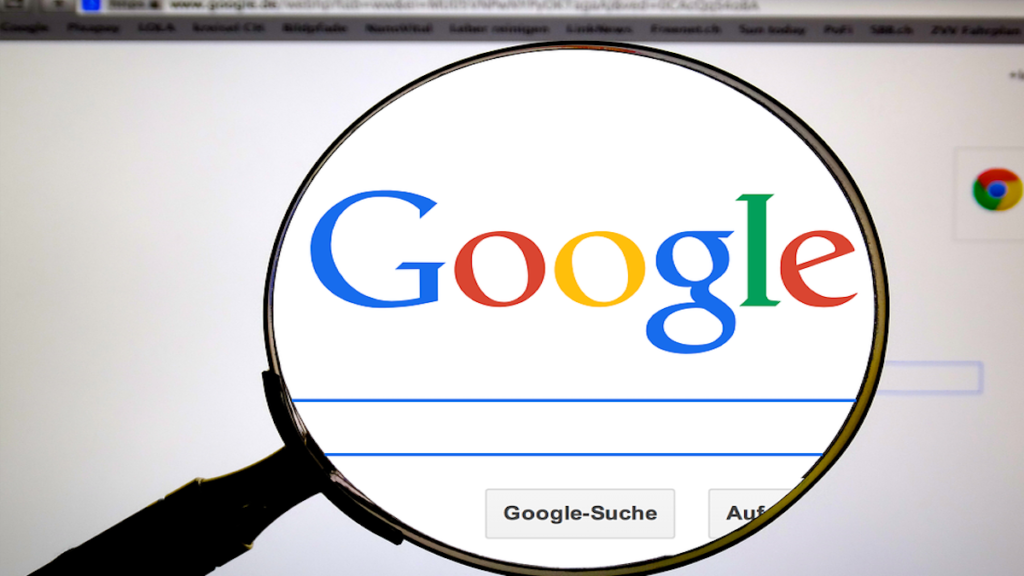Featured image from Pixabay
There’s an entire industry dedicated to search engine marketing. But, many of us still don’t fully understand what it means or involves. Search engine marketing, or SEM has been around for nearly as long as the commercial internet itself. Throughout this time, it has evolved considerably into the service we know and use today.
Search engines, particularly Google, are constantly making tweaks and changes to the way that they crawl, index, and rank sites. These changes make it difficult for those in the industry to stay on top of the latest trends and strategies. Understanding what the future holds for SEM is crucial for business owners as well as those providing search engine marketing services who are looking to deliver consistent and long-term results for their clients.
What Is SEM?
Let’s start with the basics. What is search engine marketing?
SEM is a proven, effective way of increasing both online and foot traffic to your business. It is a marketing strategy that uses paid online advertisements to improve the ranking of your business on search engine results pages, or SERPs. A search engine result page is simply the page that appears when you type a term into a search engine, such as Google.
Imagine; you are wanting to buy a new couch and typing ‘black leather couch’ into Google brings up millions of results. Are you likely to look past the first few links? Unlikely.
However, through the use of carefully researched keywords, SEM puts your business at the top of the search results. Some people refer to SEM as ‘pay-per-click’ or PPC advertising.
What Is the Difference Between SEM and SEO?
People often use the terms SEM and SEO interchangeably. However, they actually referred to two different aspects of online marketing. While SEM strategies usually involve paying for advertisements. SEO, or search engine optimization, uses organic means to elevate a particular page to the top SERP position. The term ‘organic’ used in this situation means free.
Effective SEO uses hundreds of different strategies to achieve desired results; everything from creating keyword rich content to making technical changes to the website’s back-end. Furthermore, there are three main categories of SEO:
- On-page SEO: Using keyword research, content creation, and keyword optimization strategies to help the website appear attractive to search engines.
- Technical SEO: Focuses on the non-content elements of a website. These include site speed, mobile-optimization, indexing, crawlability, site architecture, and security. Ensuring a website runs at an optimum speed. It also ensures it’s safe for users. This means search engines are more likely to recommend it to those browsing online.
- Off-page SEO: A website’s reputation and authority can be improved by linking it to other high-ranking websites. This process is known as back-linking. Improved authority means that a search engine is more likely to elevate a site within the SERPs.
Getting SEO right is a balancing act, one best left to digital marketers who provide SEO services in Melbourne. While you might be tempted to subvert the rules, Google and other search engine providers have been known to severely punish websites that employ underhand SEO tactics. If you are not confident in what you are doing, leave SEO to the professionals.
RELATED ARTICLE: PPC VS SEO: THE PROS AND CONS
Origins of Search Engine Marketing
The origins of the internet lie in a military branch of the U.S. government, called the Advanced Research Projects Agency (ARPA). Back in the 1960s, ARPA was extremely well funded and concerned at the possibility that a single missile strike from the Soviets could knock out the entire U.S. telephone system. However, this made communication between military bodies impossible.
As a result, scientists proposed an alternative form of communication via interconnected computers. At the end of the 1960s, just four computers were connected to the earliest form of the internet, known as ARPAnet. Flash forward to today and it is estimated that 27.1 billion devices are connected to the web.
However, as the internet became more widely available, marketers quickly recognized the potential that it held. Early pay-per-click advertising services known as OpenText and Goto.com first began to appear in the late 1990s. These both paved the way for the now market-leading Google Adwords. By 2007, pay-per-click services represented the primary source of income for search engines.
The term ‘search engine marketing’ was first coined by American tech journalist Danny Sullivan in 2001 on his leading blog ‘Search Engine Watch’.
RELATED ARTICLE: TOP SEARCH ENGINE OPTIMIZATION STRATEGIES IN 2020
Where to From Here?
If anything, the Covid-19 pandemic underscored the gross importance of having an effective SEM strategy. Brick and mortar stores stood no chance against established online retailers who had been harnessing the power of SEM for decades.
So, the future of SEM looks bright. However, there are several trends that business owners and digital marketers will need to keep in mind if they are to stay ahead of the game:
- Privacy: Arguably, we are only just beginning to wake up to the importance of online privacy. While digital marketers have previously relied on cookies — code that follows you online, tracking the websites you are visiting — to attract consumers. This type of strategy could soon be a thing of the past. Especially since more increasingly strict regulations are brought in to protect our privacy.
- Voice and visual searches: Text is no longer the only way to search. Voice and visual tools are still, arguably, in their infancy. People expect them to kick off in a big way in the near future. Google Lens, for example, was released in 2017. It uses a combination of image recognition technology and deep machine learning to scan a user’s environment and provide related suggestions.
- Artificial intelligence: AI tools are already being harnessed to provide more in-depth information about the wants, needs, and habits of internet users. Data harnessed by AI technology is expected to point digital marketers towards creating a more personalized user experience.
What’s the best way to stay on top of SEM trends and strategies? By hiring a SEO company in Melbourne to do the hard work for you. Leave digital marketing to the professionals and enjoy watching your business expand exponentially.
RELATED ARTICLE: HOW TO WRITE PRODUCT CONTENT THAT RANKS WELL ON GOOGLE


